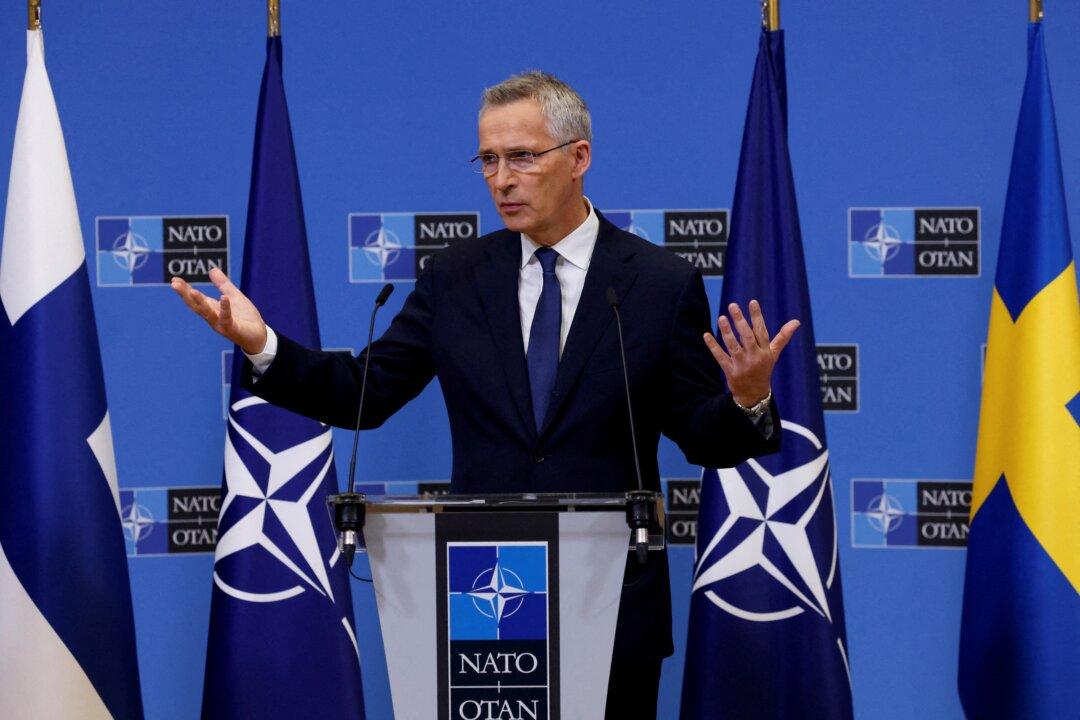NATO Secretary-General Jens Stoltenberg has warned of a “real possibility” that the conflict between Russia and Ukraine, now in its 10th month, could draw the 30-member alliance into a “major war.”
“I fear that the war in Ukraine will get out of control and spread into a major war between NATO and Russia,” Stoltenberg told Norway’s NRK television channel in a Dec. 10 interview cited by several news outlets.





